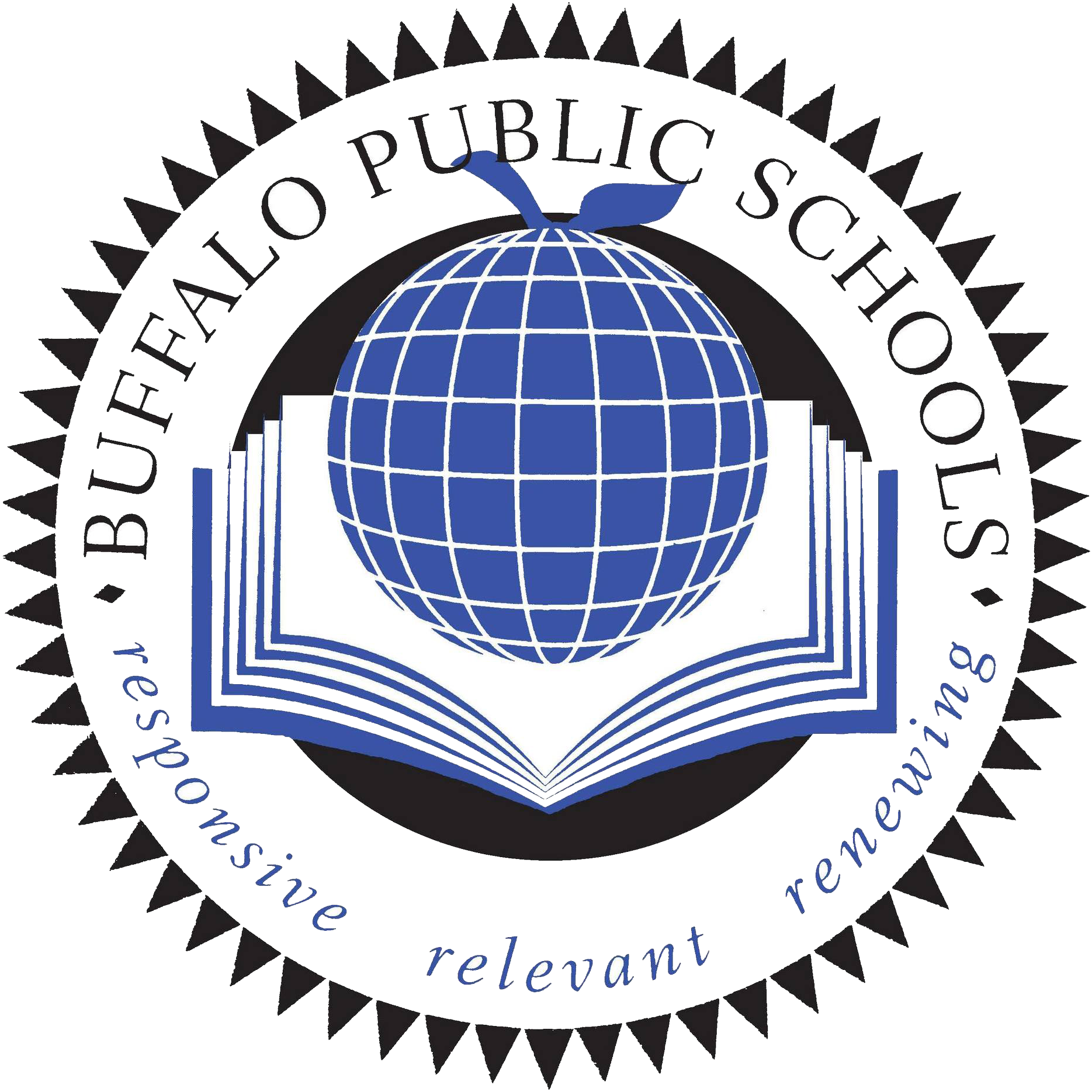
Work-Based Learning
Work-Based Activities As Defined By NYSED
The activities below may be applied to CDOS Option 1 work-based learning hours requirements. All experiences are for students in grades 9-12.
PLEASE NOTE: Although routine classwork, college visits, and non-school-affiliated employment are great experiences and should continue as part of your curriculum, they do not count towards CDOS hours.
Type of Work-Based Learning Activity
Who Can Utilize?
Definition
Example(s)
School-Based Enterprise
CTE Differentiated Programs and CTE students
A school-based business enterprise exists within a school to provide services for students, staff, and/or customers from the community. Proper accounting procedures must be followed for any funds collected.
School Store
Credit Union Copy/Print Shop Flower Shop Restaurant
IT Services
Auto Repair Shop
Job Shadowing
Students currently enrolled in a CTE program or course
A career exploration activity where a student follows an employee at a workplace to learn about an occupation or career of interest.
These are observation experiences.
A student in an accounting course follows an employee at a bank to see what their workday entails because they are interested in finance. A reflection activity is completed by the student.
Community Service*
Any BPS student
Students participate in volunteer experiences outside of the school day at an established not-for-profit organization that teaches them responsibility, community involvement, and an awareness of the needs of others.
A student volunteers at a soup kitchen. The volunteer sheet is completed, signed by the site supervisor, and submitted to CTE Teacher.
Service Learning
Students currently enrolled in a CTE program or course (excluding CFM)
Community service that directly connects to the knowledge and skills learned in classrooms. The interwoven service and learning outcomes derive from a singular, distinct pedagogy. This can be completed on school campuses.
A student in the differentiated horticulture program assists in maintaining the school grounds.
Industry-Based Project
Students currently enrolled in a CTE program or course
Students currently enrolled in a CTE program or course
Industry-based projects take place in CTE classrooms when a business or industry partner provides students with a task or challenge that is for a real client. These projects require that students produce a real product or service to a client’s specifications.
An auto student conducts routine service to a staff member’s car.
OR
Students in carpentry produce a prefabricated house that is sold to a community member.
OR
Cosmetology students host a “salon day” where the community can come and get services completed.
Mentoring
Students currently enrolled in a CTE program or course
A formal, long-term supportive relationship between a student and a business/industry with similar career interests.
A volunteer from The New York Power Authority provides career advice and activities for a small group of electromechanical technology students monthly.
Entrepreneurship
Students currently enrolled in a CTE program of study
Students plan and start up an actual company providing the public with a product or service. Students undertake the research and design of a business plan, financial planning, and marketing strategy under the mentorship of a business/industry partner or instructor.
BOSS students create a pyrography business and sell products online.
School Year/Summer Internship
Any BPS student
These are not registered work-based learning experiences – no academic credit may be awarded.
In certain circumstances, a school may partner with a community or youth employment agency to place students in internships that take place over the summer or during the school year.
Student participates in Mayor’s Summer Youth Internship.
Paid or Unpaid Internships
Students currently enrolled in a CTE program of study
A student participates in a paid or unpaid internship that relates to the student’s CTE program of study. Must work directly with a certified Work-Based Learning Coordinator from the internship’s inception and complete required paperwork.
A student is currently in a horticulture program and interns at a greenhouse.
Career Awareness Experiences
NYSED has determined that up to twenty (20) hours of a WBL experience and/or total WBL hours can be delivered through career awareness activities
Students currently enrolled in a CTE program or course
These experiences are considered Career Awareness: Career Fair, Career Interest Assessment, Guest Speaker, Industry-Related Credential, Industry Tour.
See below for additional required documentation & clarification
Career Awareness Experiences Explained
Work-Based Learning For Specific CTE Programs or Students
Type of Work-Based Learning Activity
Who Can Utilize?
Definition
Supervised Clinical Experience
Senior Health Assisting students
Students performing health care services in a work-related setting after completing instruction and practice in a supervised skills laboratory. The services must be performed under the supervision of an instructor who holds the appropriate NYS license/certification required by the health care discipline for which the students are being prepared.
Supervised Agricultural Experience
Conservation & Horticulture students
A student-led, instructor-supervised, work-based learning experience that results in measurable outcomes within a predefined, agreed-upon set of Agriculture, Food and Natural Resources (AFNR) Technical Standards and Career Ready Practices aligned to a career plan of study.
Community-Based Programs
For students with disabilities who do not meet the requirements for participation in the state-approved work-based learning programs
The US Departments of Labor (USDOL) and US Department of Education (USDE) have jointly developed specific guidelines for school districts to use when providing community-based work programs for students with disabilities aged 14 or older. The NYSDOL and Workers’ Compensation also have guidelines schools must follow when implementing work experiences and internships.
See below for more information
